Following the lockdowns of 2020, still lives are experiencing a renaissance across the board, appearing on the social media feeds of everyone from fashion influencers to interior designers to renowned art institutions like Sotheby’s London. In the last year, trends like “tablescaping,” or the art of dinner table photography, have revitalized a time-honored niche, inspiring people to make the most of their time at home by creating eye-catching images.
From the minimal to the elaborate, at-home still lives are trending in a big way, and commercial photography is no exception. Browse the social channels of leading brands like Starbucks or Sephora, and you’ll find a visual feast of vibrant and modern product photos that practically jump off the screen. Meanwhile, influential brand photographers and prop stylists have shared their behind-the-scenes tricks in viral TikTok videos, giving at-home shutterbugs more tools than ever.
While the words “commercial stock photography” might be closely aligned with lifestyle shoots featuring people, there’s also a growing demand for abstract visuals with a creative twist. Still-life shoots pose the opportunity to shoot marketable content from home and on a budget, while also encouraging today’s photographers to think outside the box. With that in mind, here are our best tips for incorporating these kinds of shoots into your Licensing portfolio.
Tip #1: Go conceptual
Conceptual still life photography illustrates abstract ideas with simple, often ordinary props and items. When shooting for your Licensing portfolio, brainstorm ways to visualize timely and relevant concepts. To illustrate the larger idea of environmental sustainability, for instance, you might use metal straws and reusable coffee mugs. A still life featuring workout equipment could represent concepts relating to fitness and wellness, while tech devices in still lives could speak to innovation. Vintage items can help capture the spirit of nostalgia after a difficult year.
Research from Getty Images further reveals that success, luxury, and growth are among the most in-demand concepts among customers looking for people-less photography. Certain props, like ladders symbolizing success or puzzle pieces representing innovation, have been overused in stock photography, but that doesn’t mean they should always be avoided. In fact, you can still find fresh and unexpected ways to incorporate them by following the tips below.
Tip #2: Get creative with color
This year, the Pantone Color Institute chose two Colors of the Year: a neutral gray and a hopeful yellow. We’ve already seen these colors pop-up in campaigns for brands ranging from Anheuser-Busch to Amazon Alexa, and we expect to see them trending throughout 2021. You can also check out other color trends and forecasts by brands like Benjamin Moore or Sherwin-Williams, who chose “Aegean Teal” and “Urbane Bronze,” respectively. Color trends can change quickly, so keep an eye on what the experts are predicting.
Choose props or backgrounds featuring these colors and/or their complements (yellow’s complement is purple, while teal’s is ruby red). Maybe you use a monochrome color palette in your next still life shoot, or you experiment with the color wheel. Keep in mind that many colors also have symbolic weight; green, for instance, evokes ideas relating to sustainability and the environment, while blue can convey security or serenity.
Tip #3: Experiment with light
Unsurprisingly, given Pantone’s forecast, warmer lighting is currently trending in commercial photography. Research from Getty Images also indicates that today’s customers gravitate towards realism in photography, boosting demand for photos with natural light and everyday environments. They also found that images with shadows or glare indicating the direction of the light source have also proved popular.
That’s not to say that you shouldn’t experiment with artificial lighting as well. In 2019, in fact, Getty Images named the “return of the flash” as one of their top creative trends, with many buyers looking for bright colors and bold lighting. Play with natural light and off-camera flash to see what works with your subject and style. Try backlighting and side lighting with window light or strobes. Bring in different backgrounds, from matte to shiny surfaces, to see how they interact with your light source or create shadows throughout your composition. Fabrics like velvet will absorb light, while white surfaces will reflect it.
Tip #4: Play with composition
According to research from Getty Images, one-third of finance customers are influenced by design and style in advertising when making purchasing decisions. As with color and lighting, composition is an area where you can feel free to mix things up. You can go ultra clean and minimal with a stylized flat lay, or you can introduce more elements for an authentic, lived-in vibe. Similarly, you can highlight one object against a simple color or two-tone background, or you could take a maximalist approach with several layers.
Maybe you play with transparent and opaque props, or you introduce unusual textures to enliven your composition. Perhaps you use repeating identical design elements to create a pattern. Keep a prop closet with cool backgrounds, objects, and accessories to serve as inspiration. Buy second-hand or rent from a prop store like ACME. A salvaged marble surface, an eco-friendly dishware set, or even a beautiful sprig of green from your backyard can help you to generate new ideas. Try making a sketch before your shoot, and add or subtract props as you go.
Tip #5: Introduce some variety
“Spend your time wisely, and avoid getting bogged down trying to get each photo ‘perfect,’” the 500px team urges. Commercial photography is in some ways a number’s game, so you want to maximize the potential of every shoot by getting as many different and dissimilar shots as possible. It can help to start all sessions with a shot list, while also giving yourself extra time to improvise and experiment on set.
Take multiple photos of the same setup from different angles and perspectives, and add and remove props to mix it up. Try natural light, and then introduce a flash; bring out different backgrounds and props. Remember to include wide shots with plenty of copy space, and then get close for those details. “If you spend time getting many shots instead of spending hours on one setup, you’ll have more Licensable content at the end of the day,” the team at 500px explains.
Tip #6: Get inspired
Every shoot starts with research, so pull some photos and create a mood board for inspiration. You can include photos you find on 500px and Getty Images, and you can also browse the social media feeds of your favorite brands to see what kinds of images they use. Take note of design trends (colors, lighting, etc.) you see on TV commercials, or pull some tearsheets from magazines.
Beyond the commercial sphere, remember to look at art and design blogs, follow the social channels of prominent galleries, or even better, visit a museum and study the greats. Whether you’re looking at a classic still life painting or a commercial campaign, remember to ask yourself what works about the image: the color, the composition, the concept. From there, try to emulate and improve upon what’s been done before.
Tip #7: Be patient
Still life photography is a vast and ever-evolving genre, so it can take time to refine your skills and develop your niche in terms of subject and style. The important thing is to continue shooting and determine what works and what doesn’t. It can help to track your sales or keep an eye out for feedback from the community about what stands out in your work.
Licensing Contributors like Priscilla Ong and Sarah Saratonina have cultivated identifiable styles by experimenting with different props and techniques over time; Priscilla is inspired by pop artists like Andy Warhol and filmmakers like Wes Anderson, while Sarah finds inspiration in fun, eye-popping color combinations. Take a look at their portfolios for inspiration, and get creative at home to put your own personal twist on the evergreen still life tradition.
Not on 500px yet? Click here to learn about Licensing with 500px.

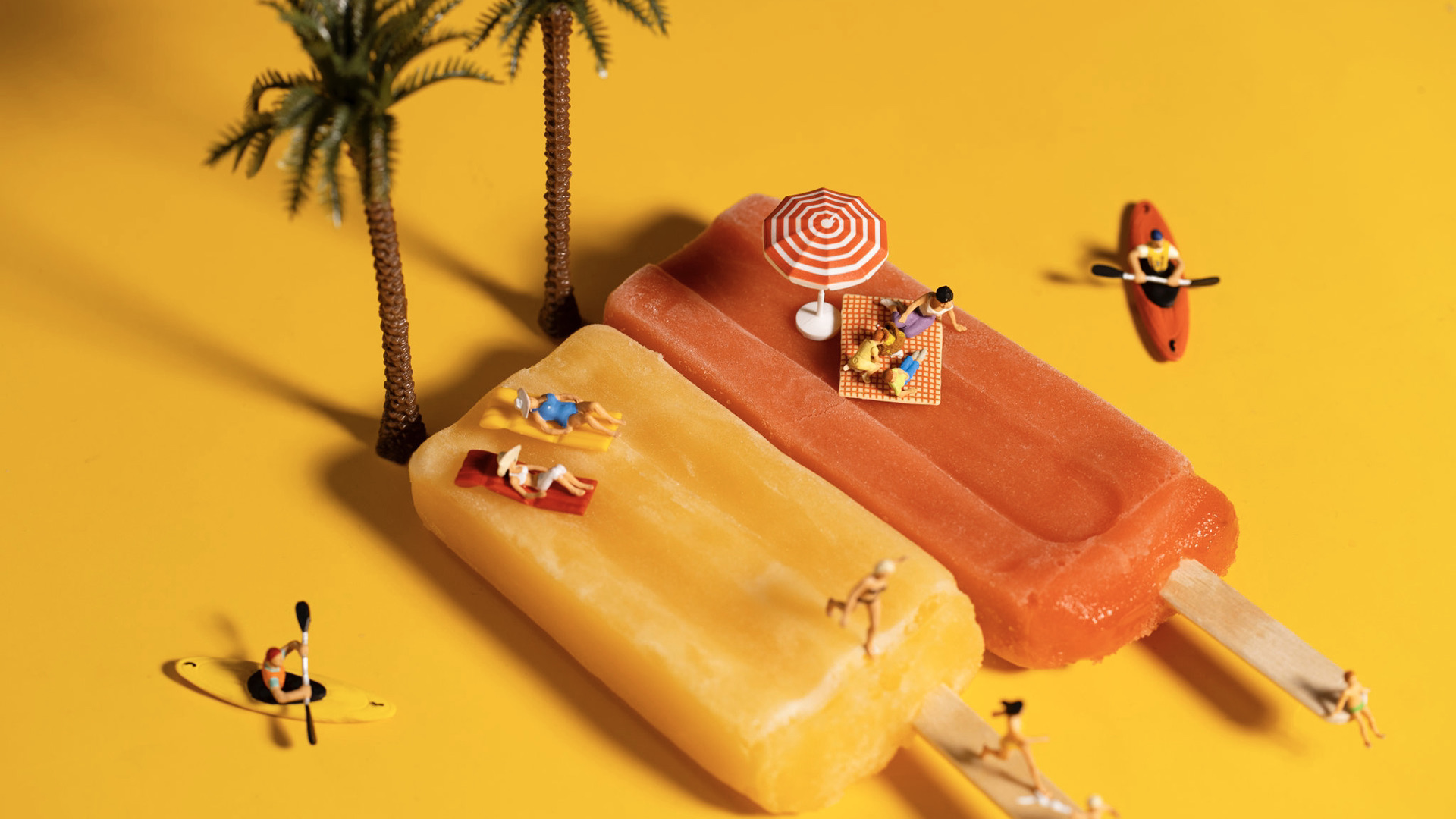
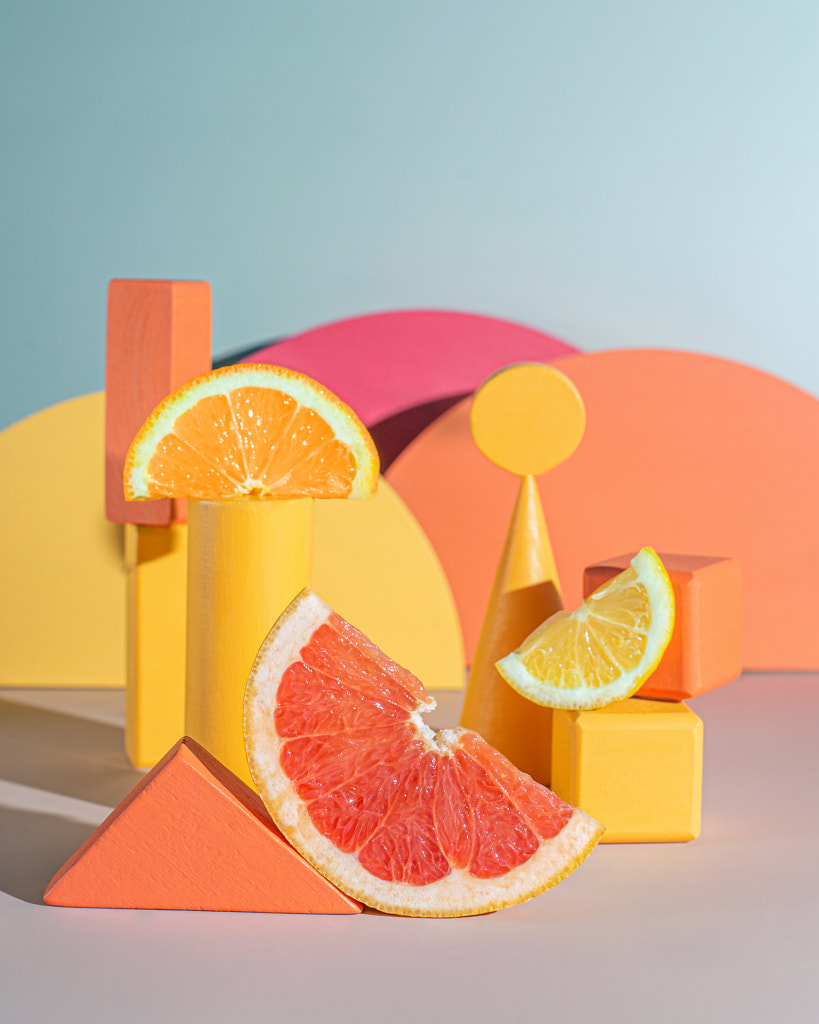

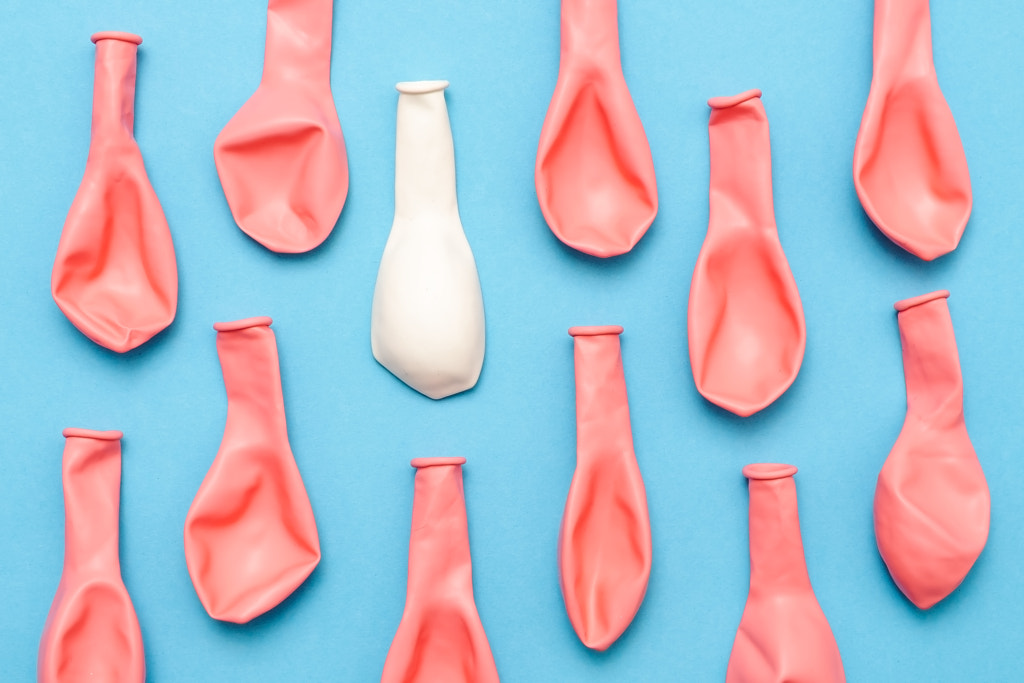

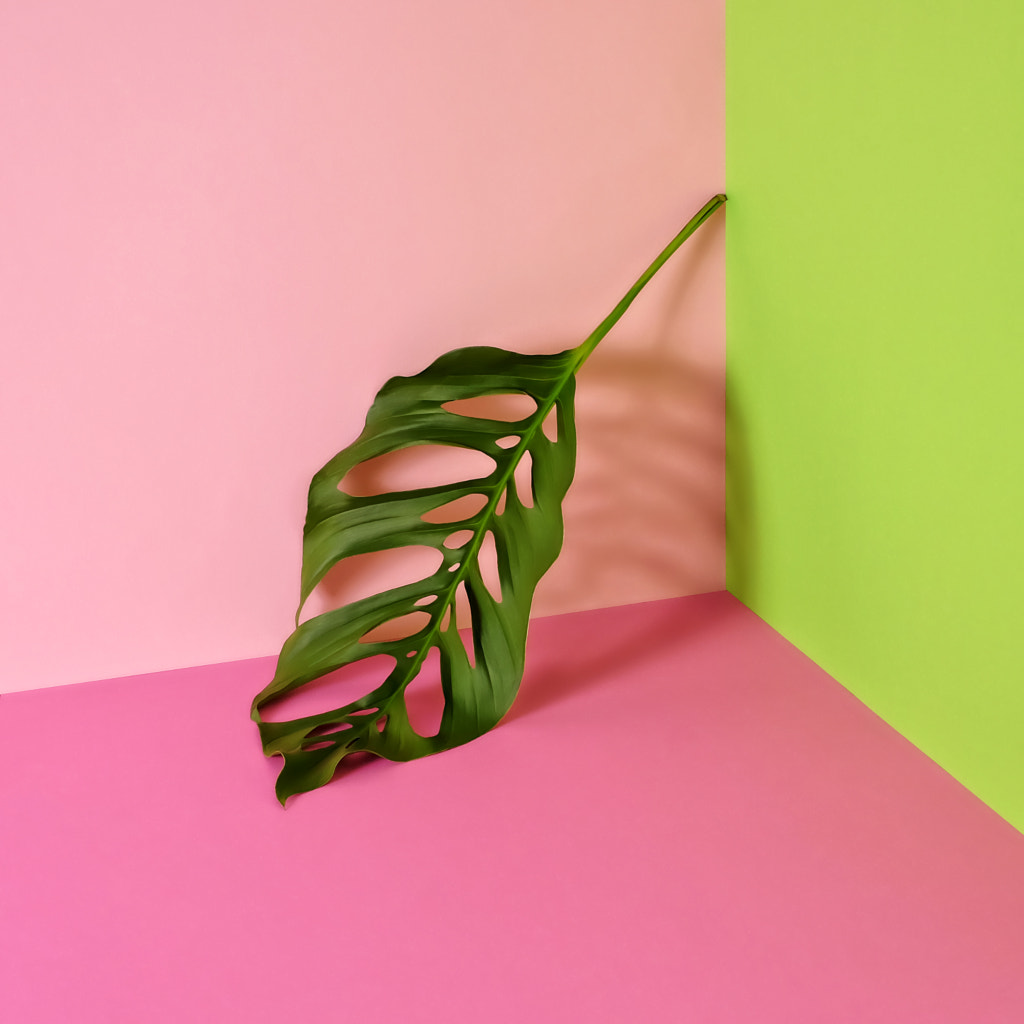
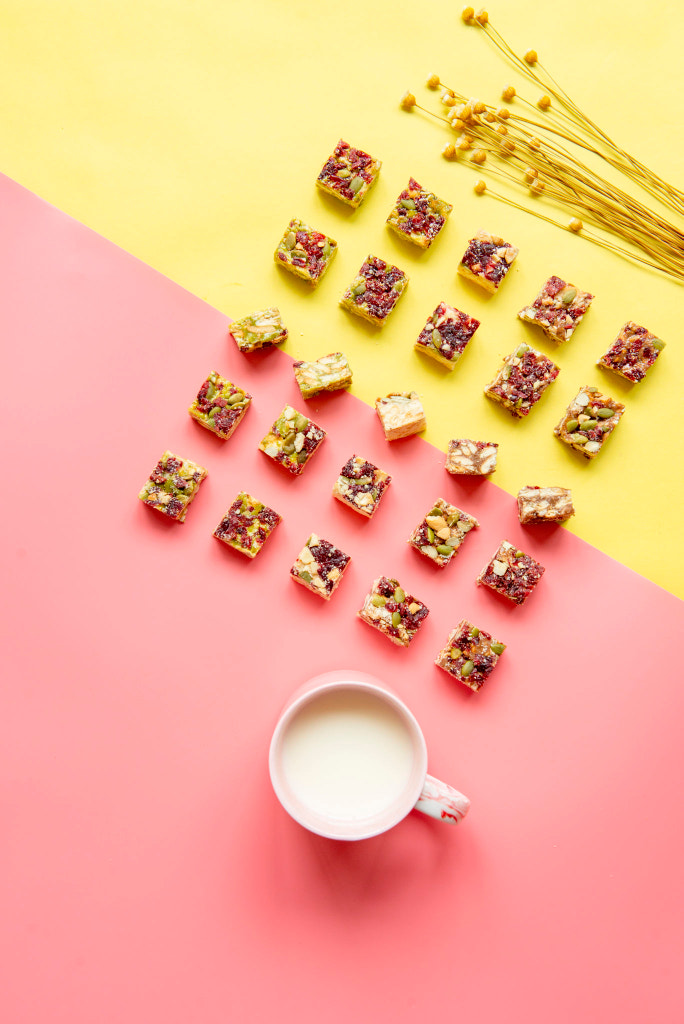
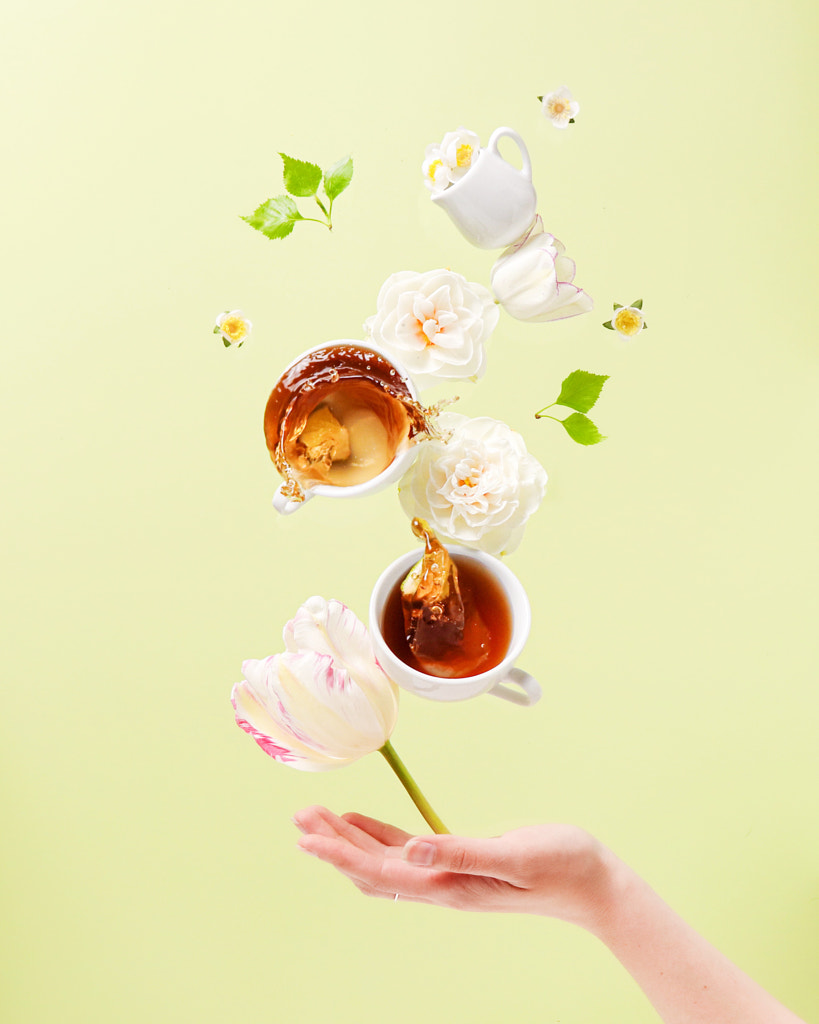
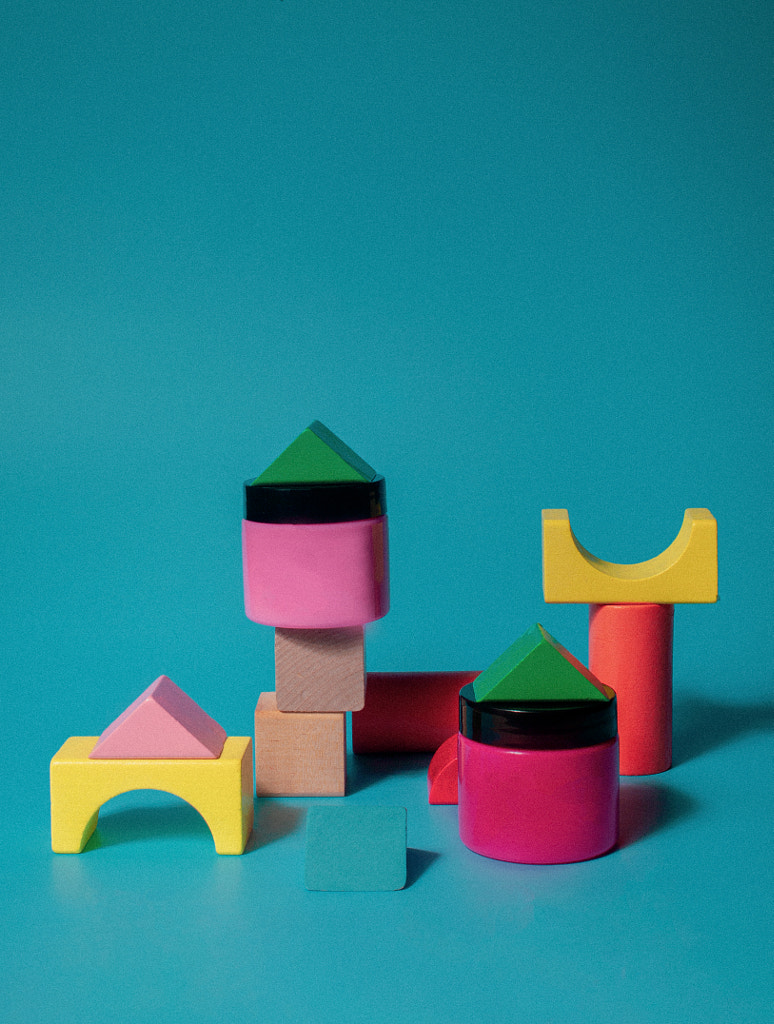
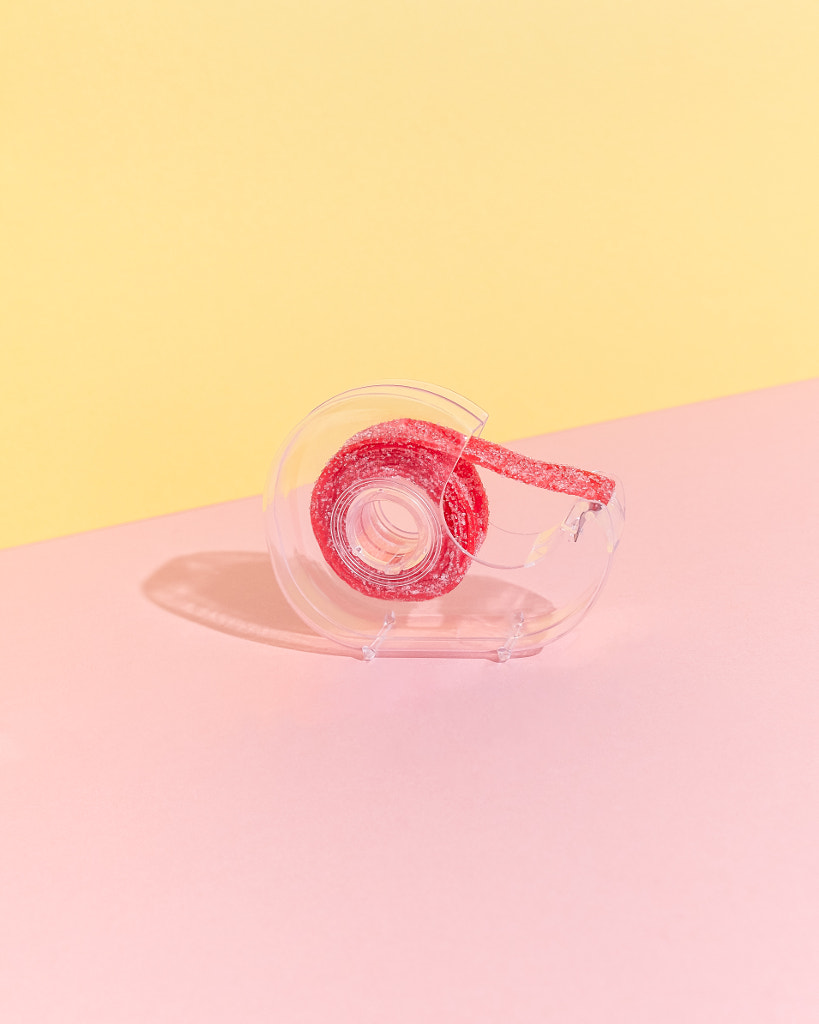
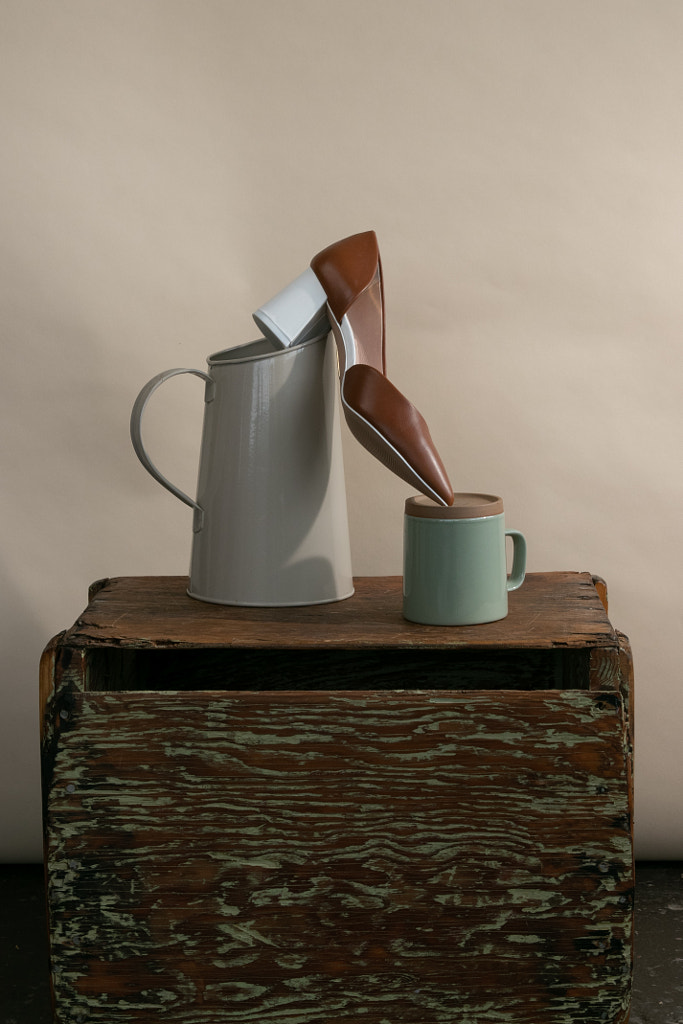
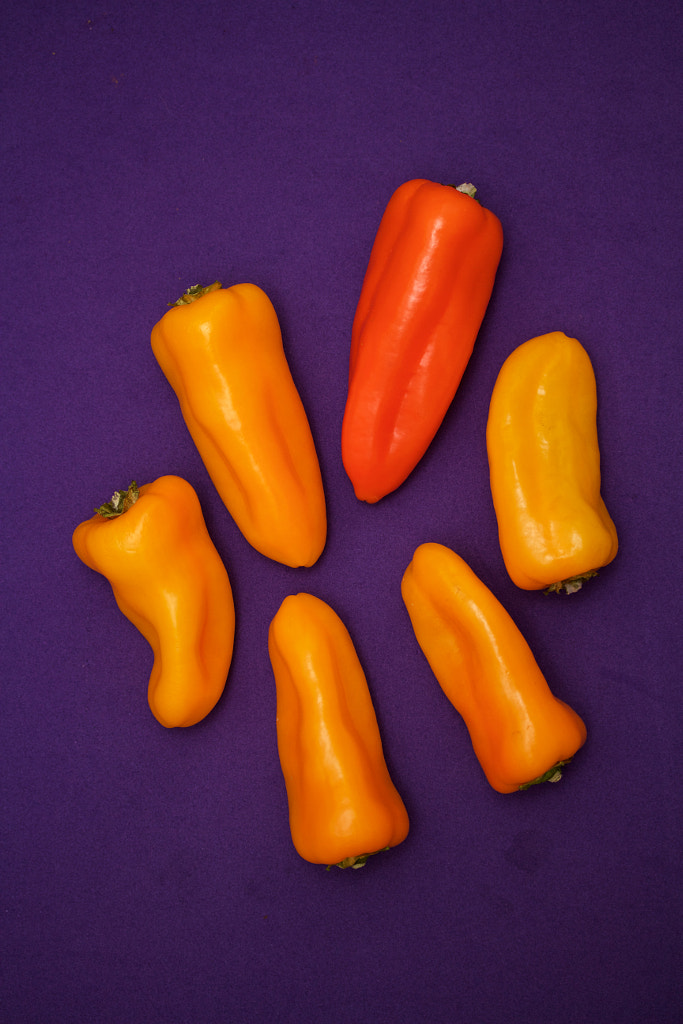
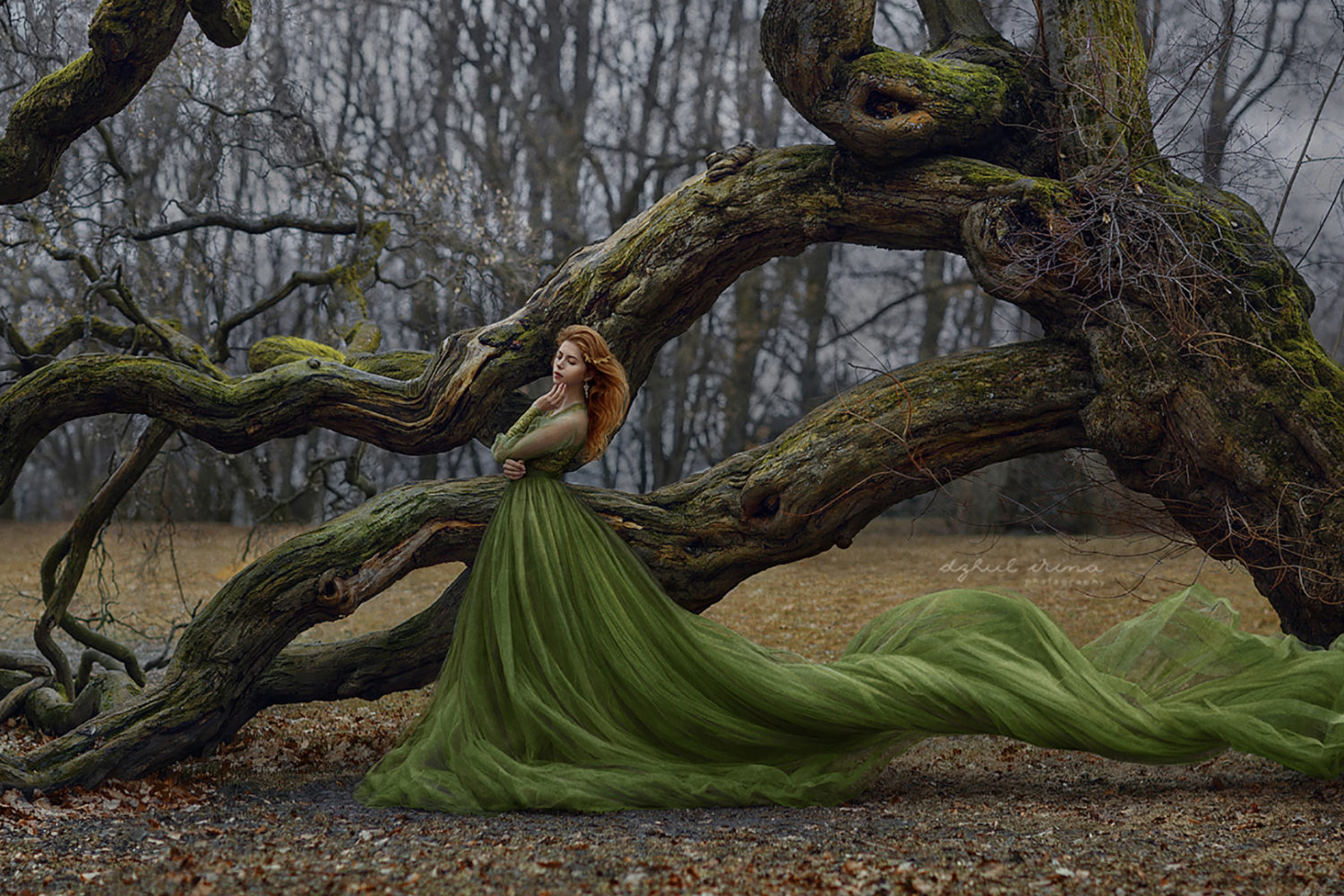
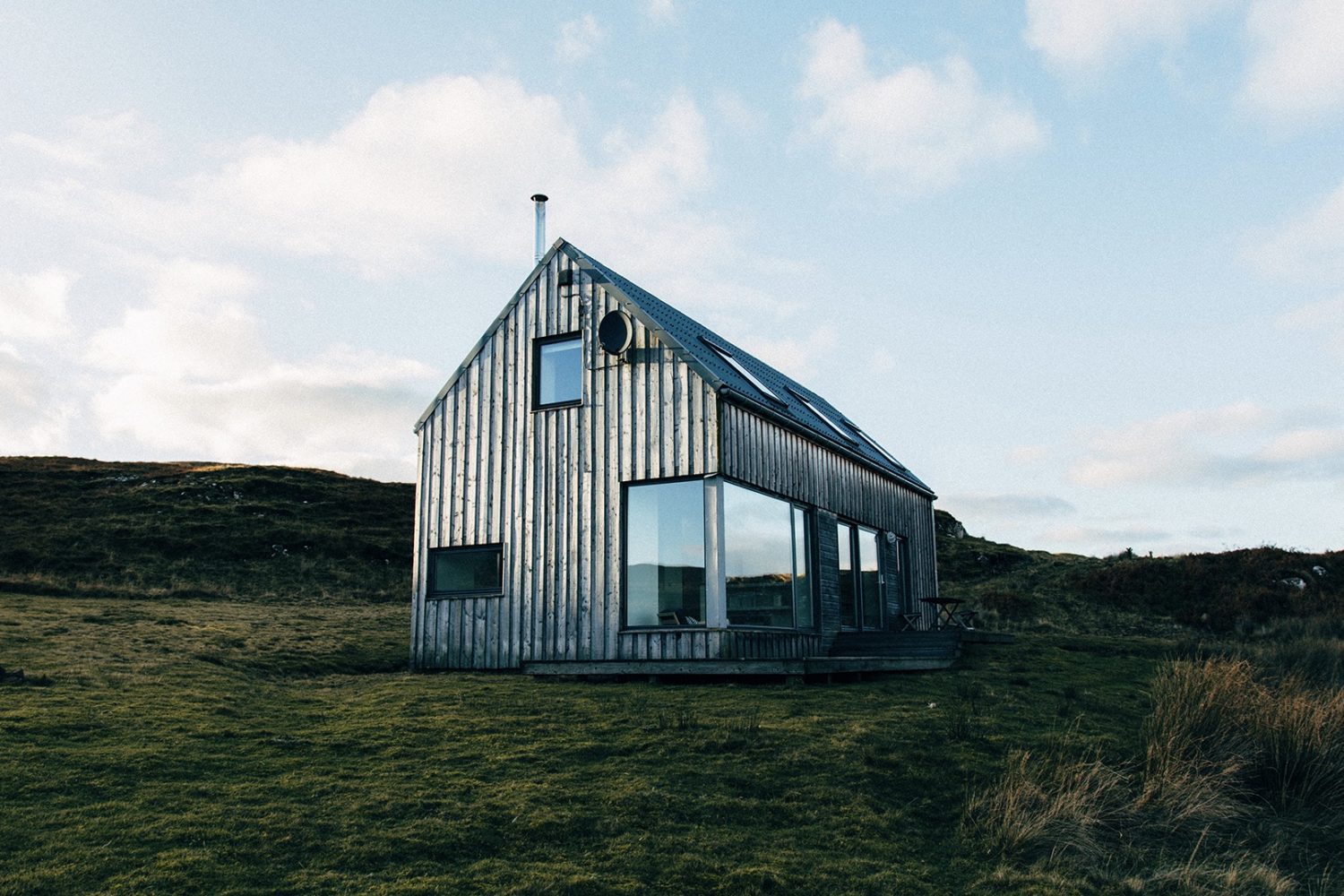
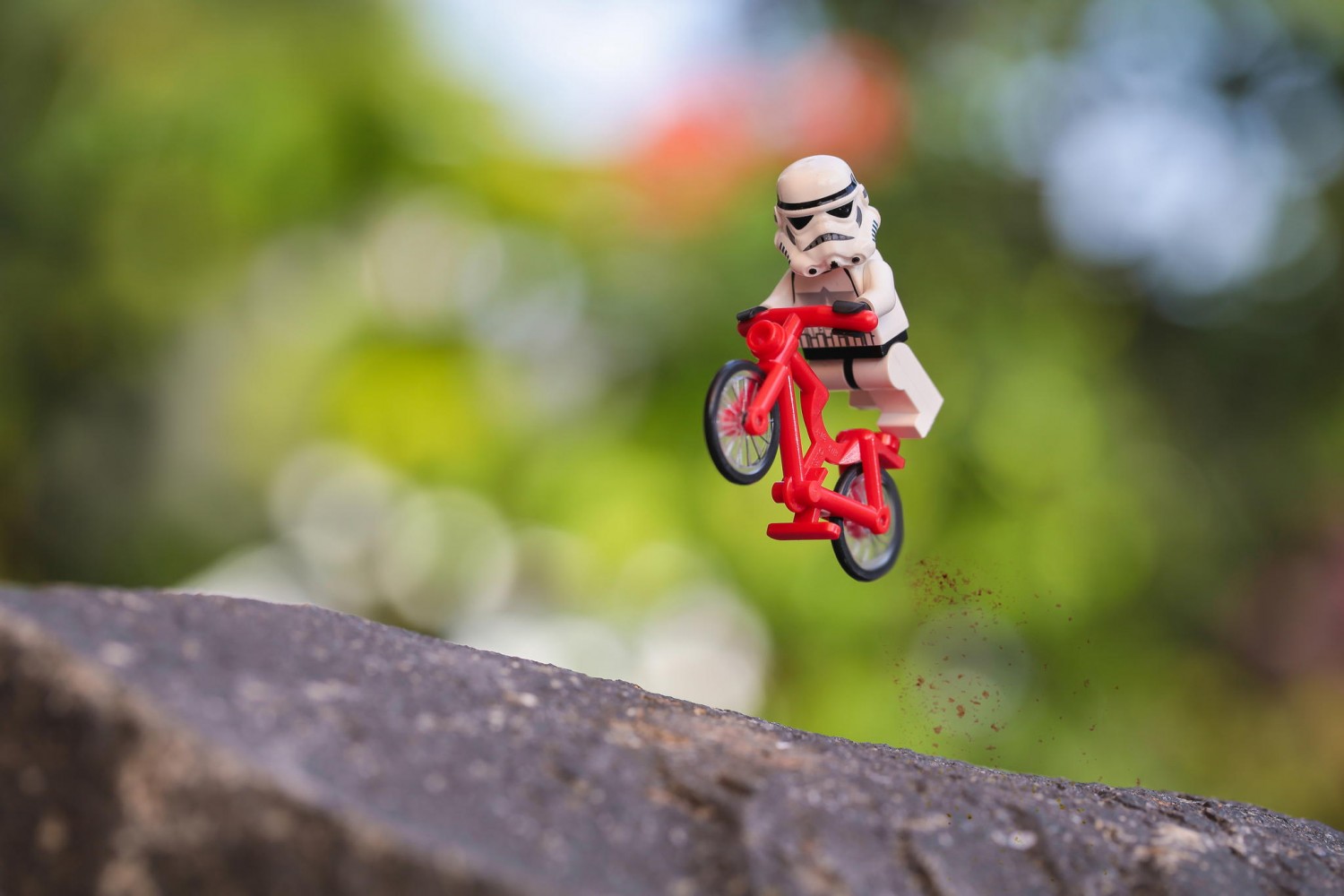
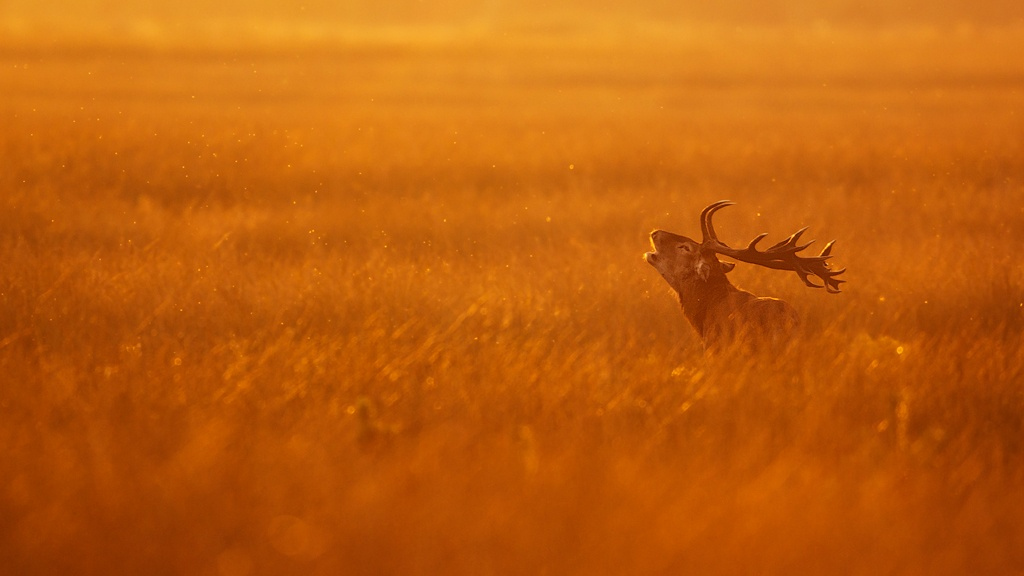

Leave a reply